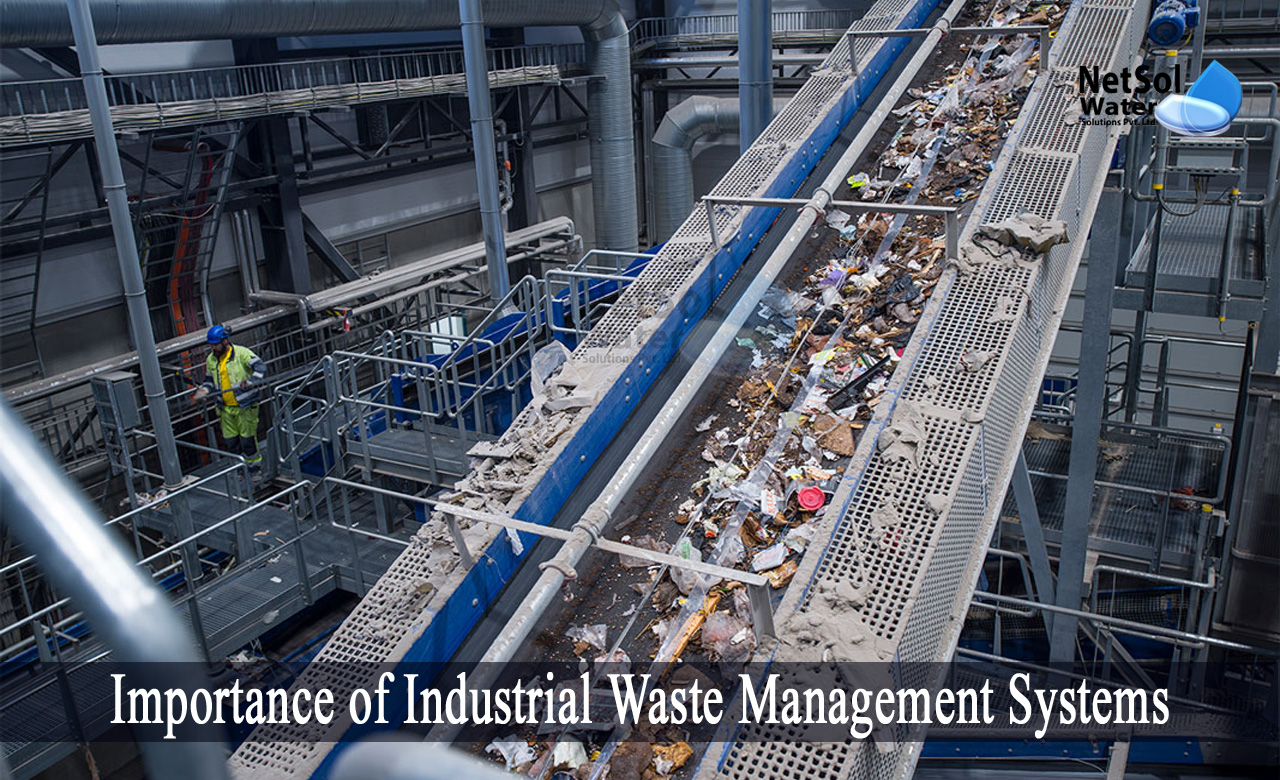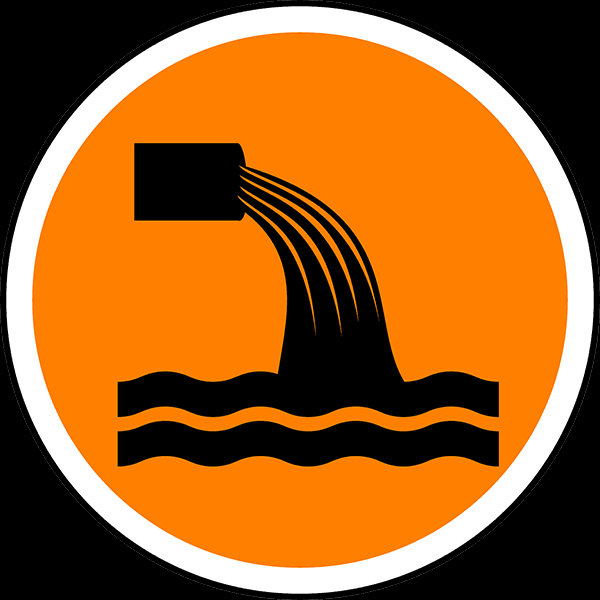Reclaim Waste for Beginners
Table of ContentsThe Only Guide for Reclaim WasteThe 7-Second Trick For Reclaim WasteReclaim Waste Things To Know Before You Get This6 Simple Techniques For Reclaim WasteThe Best Strategy To Use For Reclaim Waste
Explore the kinds, incidents, and types of liquid waste. Domestic sewer waste describes the waste and products from a domestic septic container. This type of waste is created by people in homes, colleges, and other buildings. This only consists of septic systems that have a drainpipe field. The proper administration and disposal of domestic sewage waste require fluid waste to be transferred to a sewage treatment plant where the correct methods and devices are put on purify and take care of waste.
Industrial waste usually includes prospective hazards, such as combustible products or a mix of fluid and strong waste products, and requires an advanced and comprehensive disposal procedure. The disposal of commercial waste normally entails the filtration of waste prior to transport to make certain risk-free and appropriate disposal. Hazardous waste is developed from by-products and overflow of industrial processes and manufacturing.
This sort of waste can not utilize the very same sewer management transportation or processes as septic or industrial liquids. The industrial waste monitoring procedure calls for the inspection and testing of liquid waste before it undergoes the disposal process (liquid waste disposal). Drainage waste is the fluid waste that originates from drainage and excess stormwater in very inhabited locations or cities
Overflow waste can trigger contamination and flooding if not managed appropriately. Discover a lot more regarding drain cleaning and waste administration. Making sure appropriate waste management can avoid disasters and decrease environmental damage. Both individuals in residential setups and experts in business or manufacturing industries can take advantage of recognizing the procedures and guidelines of liquid waste monitoring.
The Facts About Reclaim Waste Uncovered
Get in touch with PROS Providers today to learn more about our waste administration and disposal solutions and the correct methods to take care of the fluid waste you produce.
This supposed 'wastewater' is not only a vital source yet, after therapy, will be released to our land, rivers or the ocean. Made use of water from bathrooms, showers, bathrooms, kitchen area sinks, laundries and industrial procedures is recognized as wastewater.

water used to cool down machinery or tidy plant and tools). Stormwater, a type of wastewater, is runoff that streams from farming and city areas such as roof coverings, parks, yards, roads, courses and rain gutters right into stormwater drains, after rainfall. Stormwater flows unattended directly to regional creeks or rivers, at some point reaching the ocean.
All About Reclaim Waste
In Queensland, the majority of wastewater is dealt with at sewer treatment plants. Wastewater is delivered from domestic or industrial sites with a system of sewage systems and pump terminals, understood as sewage reticulation, to a sewage therapy plant.
The Division of Natural Resources suggests city governments regarding managing, operating and preserving sewerage check systems and therapy plants. In unsewered locations, regional governments may require owners to mount private or home sewage therapy systems to deal with domestic wastewater from toilets, kitchens, bathrooms and washings. The Department of Natural Resources authorises the usage of house systems when they are verified to be efficient.
In some new communities, treatment of some stormwater to get rid of trash, sand and crushed rock has started utilizing gross contaminant catches. Wastewater treatment occurs in 4 stages: Gets rid of solid matter.
Wastewater then moves into huge tanks where solids clear up and are removed as sludge. Grease and residue are skimmed from the surface. Utilizes little living organisms recognizes as micro-organisms to break down and eliminate continuing to be dissolved wastes and great fragments. Micro-organisms and wastes are incorporated in the sludge. Gets rid of nitrogen and phosphorus nutrients that could trigger algal blossoms in our waterways and endanger marine life.
The Ultimate Guide To Reclaim Waste
Nutrient removal is not readily available at all sewage therapy plants due to the fact that it calls for pricey specialized tools. Clear liquid effluent generated after therapy might still consist of disease-causing micro-organisms - liquid waste disposal.

This normally means wastewater has to be dealt with or pollutants removed prior to it can be released to waterways. The majority of wastewater streams into the sewage system. Under the Act, city governments provide approvals and licences for eco pertinent activities (Ages) including wastewater releases that could have a regional effect. The department carries out approvals and licences to Periods including wastewater releases that may have a regional or statewide impact.
More About Reclaim Waste
Surveillance provides accurate info regarding water high quality and can validate that permit problems are being fulfilled. The details obtained through monitoring provides the basis for making water quality decisions.
Comments on “Little Known Facts About Reclaim Waste.”